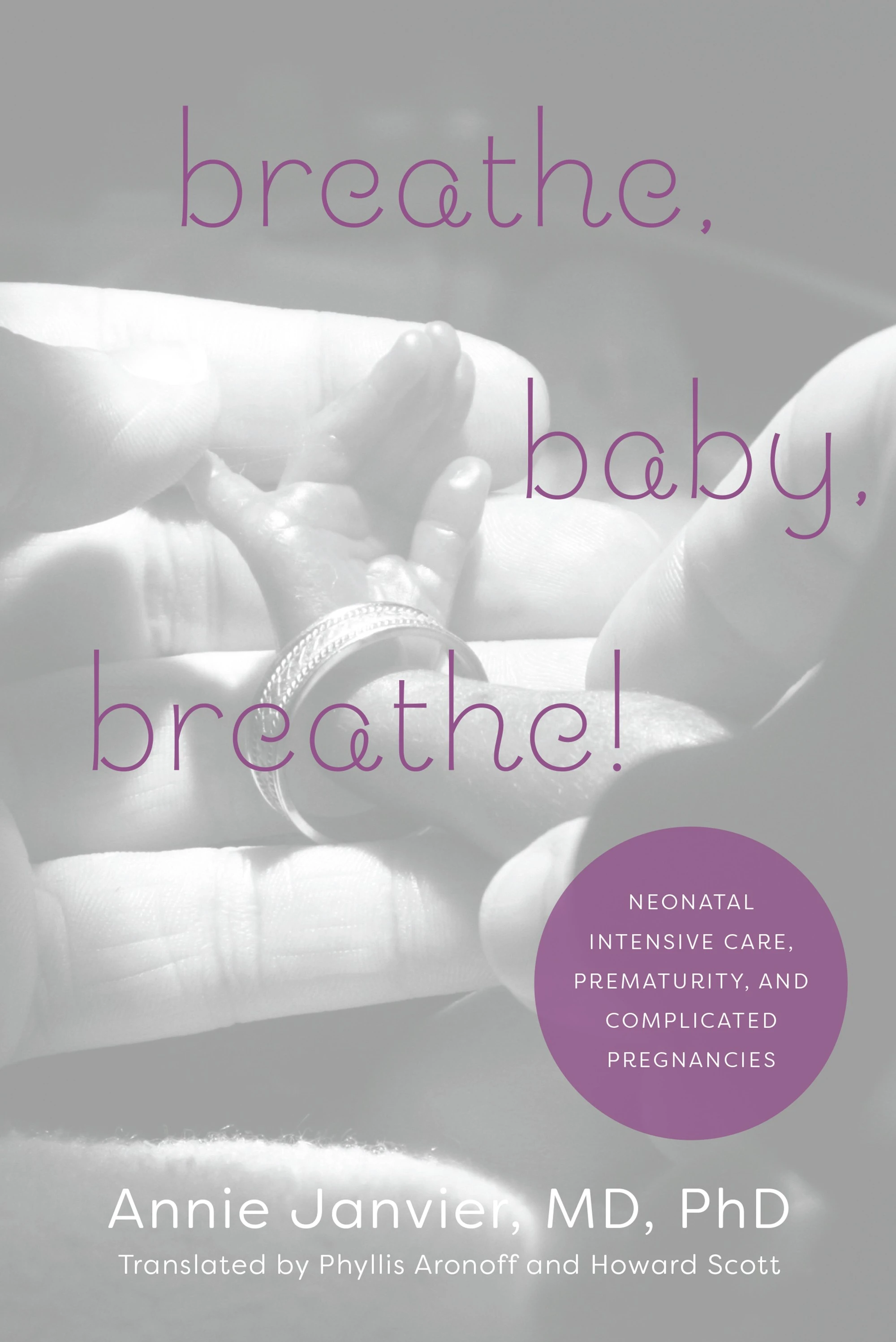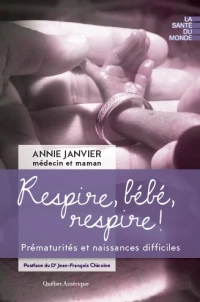This is the sort of thing that really irritates me: If you report ‘we did X, and Y happened’ the obvious question should be, ‘what would have happened if you didn’t do X?’
That is called having controls! It is the basis of all science! I am using too many exclamation marks!
So if you take normotensive preterm infants with a low urine output, and give them low dose dopamine, the urine output increases. SO WHAT! (exclamation marks and all capitals, not good scientific blogging technique, but I am a bit irritated by this publication)
I can tell you from simple first principles of common sense, that if you take normotensive preterm infants with low urine output and DON’T give them dopamine, then their urine output increases! If you further analyze the data, then the lower the urine output before not giving dopamine, the greater the increase when you don’t give them dopamine. That is called regression to the mean.
I think there are many good reasons to report case series, and there are many things we can learn from them, but to report something that we already know is done without good supporting evidence, that has been proven ineffective in older patients in randomized trials, that has no good physiological evidence to support it, helps no one.
To recap those points, there are systematic reviews in pediatrics and in adult intensive care that show no evidence of renal protection from low dose dopamine infusion. There are multiple studies in neonatal mammals which show that the renal vascular dopamine receptors are present, but stimulating them has no effect in the perinatal period. Dopamine receptors (and there are many) are G-Protein linked receptors, and it appears that the renal vasodilatation that you can get from dopamine stimulation of these receptors is absent in the neonatal period, even though the receptors are present (at term at least, probably) and the G proteins are present, the link between them appears to be inactive. Even when it is present, as in healthy older patients and adults, there is no evidence that stimulating the dopamine receptor produces clinical benefit in the critically ill.
On the other hand we know that low-dose dopamine suppresses the pituitary, and specifically the production of TSH, so the longer you give dopamine, the lower the activity of the thyroid. Prolactin, in addition (even though I don’t know how important it is in a newborn infant), is completely suppressed by dopamine administration.
Dopamine also depresses respiratory drive. Dopamine receptors in the carotid body, when stimulated by dopamine, decrease their output which projects on respiratory control centers. So you can induce apnea in newborn lambs when you give them dopamine. (Don’t try and find that in the literature, I did the study in the lab of Jim Fewell in Calgary when I was a new staff in Edmonton, but I never published it, to my shame. It was quite dramatic, when I started the dopamine the lambs immediately stopped breathing, and then after a long pause started breathing periodically, within a few seconds of stopping the dopamine infusion they started breathing regularly again). Other data which is actually published also shows the respiratory depression with dopamine.
If someone wants to show whether there is an effect of low dose dopamine on urine output, you have to have controls! And in fact is has been done… Cuevas et al published in 1991 one of the very few studies of a catecholamine compared to no treatment. In a small study with 3 groups, they showed that with no dopamine urine output increased to 4.8 mL/kg/h. With either of the 2 doses of dopamine that they used the urine output increased less! (to 3.8 mL/kg/h with 1 mcg/kg/min, and to 3.2 with 2.5 mcg/kg/min).
The only thing which they report as being significant was that the lower dose group, but not the higher dose, had higher fractional excretion of sodium, but as they used uncorrected t-tests to compare the data in the 3 groups, and they compared 7 different renal variables at 3 time points, it is hardly surprising that something was ‘significant’.
To re-iterate there is no evidence that low dose dopamine has any beneficial effects, neither on the kidney nor on other organs, and this new publication does not change that.









Hey Keith, tell us what you’re really thinking! 🙂 Thanks for the interesting and in depth commentary on this article. It serves as a good example of the importance of analytical thinking.
Thanks Linda, I almost blogged about yet another uncontrolled trial, which has just appeared, showing that babies who are getting near to going home feed better when they have a blood transfusion. Well they feed better if you don’t give them one also! That is what normally happens as preterm babies get closer to going home.
Maybe I will anyway, but I don’t want to get too repetitive, there will be other opportunities I am sure.
Hi Keith. It is interesting that the study managed to get published in the first place. Talking about inotropes and management of hypotension, does your unit practice permissive hypotension in your ELBW cohort? The unit that I work here in Melbourne still use the criteria BP less than GA as criteria for inotropes and I am keen to do a retrosepctive review ( similar to that done by Eugene in 2009) to hopefully change this practice. Any thoughts?
Andy Malikiwi